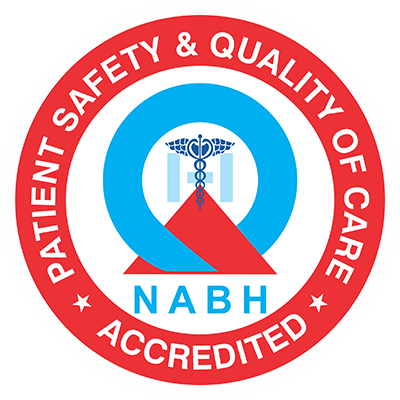- HOME
- ABOUT US
- DEPARTMENTS
- Anaesthesiology
- Accident & Emergency Department
- Acute Medical Care
- Cardiology
- Cardiothoracic Surgery
- Dermatology & Venereology
- Dentistry
- ENT Surgery
- General Medicine
- General Surgery & Surgical Oncology
- Gastroenterology
- Gynaecology & Obstetrics
- Medical Oncology
- MICU (Medical Intensive Care Unit) & ICU (Intensive Care Unit)
- Nephrology
- Neurology
- Neurosurgery
- Orthopaedics
- Paediatrics & Neonatology
- Psychiatry
- Physiotherapy & Rehabilitation
- Plastic Surgery
- Pulmonology
- Urology
- Interventional Radiology
- Laparoscopic Surgery
- Maxillofacial Surgery
- SICU (Surgical Intensive Care Unit)
- Ophthalmology
- Endocrinology
- Radiology
- Rheumatology
- Vascular Surgery
- Clinical Pathology, Histopathology, Biochemistry & Microbiology
- Emergency and Trauma Care
- OUR DOCTORS
- FACILITIES
- HEALTH PACKAGES
- BLOGS
- CONTACT US





